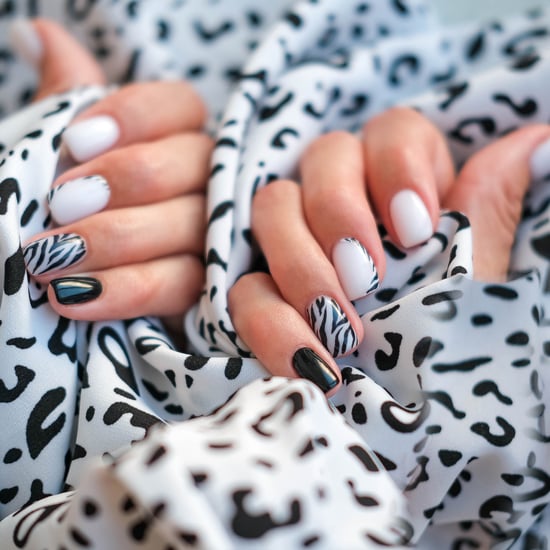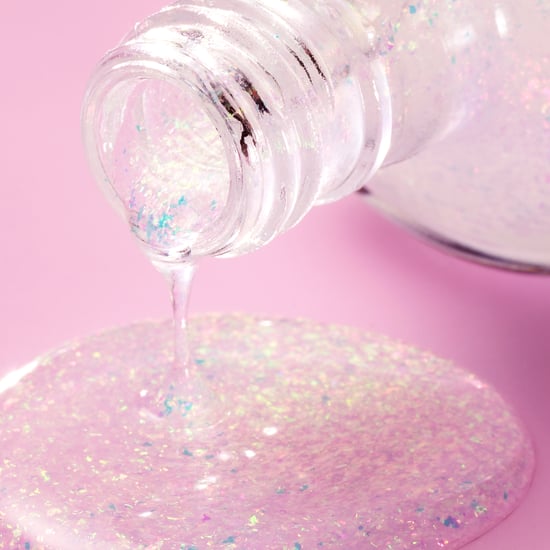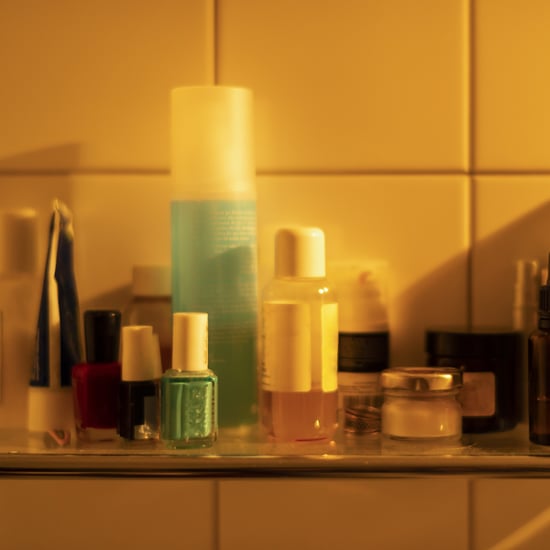How Skin-Care Microdosing Can Help With Product Tolerance
What is Skin-Care "Microdosing?"
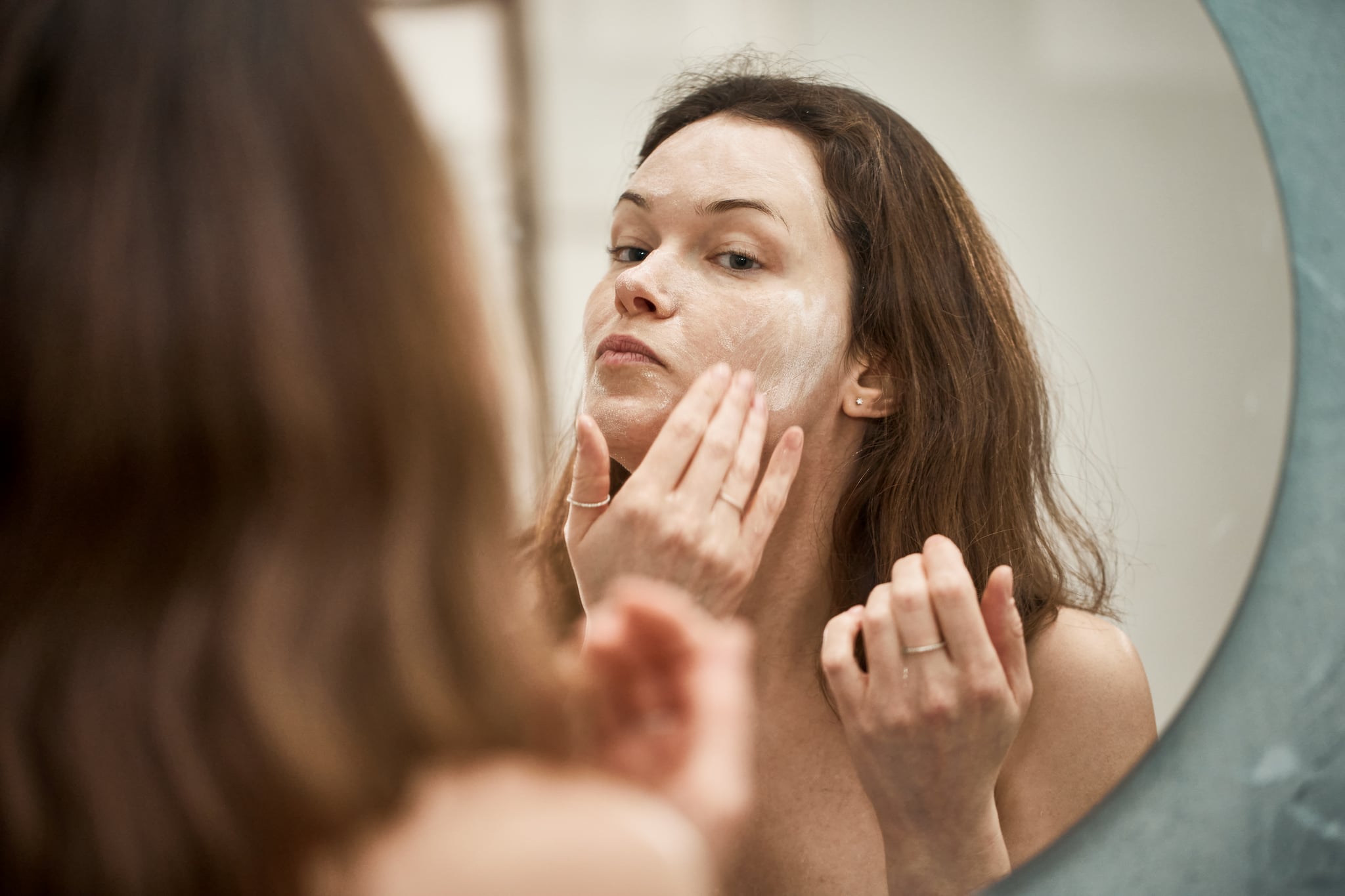
Image Source: Getty/ Sergey Mironov
Experts tell you to "patch test" products before using, but swiping on your arms or chest is an entirely different experience than patch-testing on your face — and that's before taking into account your skin type and sensitivity to certain ingredients. If you find testing new skin-care products frustrating, there might be a better solution: microdosing.
No, not that kind of microdosing — although the idea is pretty similar. "As the name suggests, skin-care microdosing means using small amounts of the medical-grade skin care," P. Daniel Ward, MD, MS, founder of FormRx Skincare, says. "Using small doses of skin-care products allows someone to trial products to make sure there's not a reaction, with the idea being that a small amount of product is less likely to cause a severe reaction."
We asked Dr. Ward to break down everything you need to know about skin-care microdosing — from which skin types benefit the most to the science behind it.
What Are the Benefits of Skin-Care Microdosing?
If your skin reacts negatively to products like retinol or harsher actives, skin-care microdosing may be for you. "The real benefit of skin-care microdosing is the opportunity to slowly get the skin acclimated to a medical-grade skin-care product," Dr. Ward says. "The technique helps to ensure that the product is going to be well-tolerated and helps the skin get used to its effects."
You can technically microdose any product, but Dr. Ward recommends microdosing specifically with medical-grade skin-care products. In addition to increasing tolerance for more active ingredients, microdosing can help patients to stay on track within a prescribed skin-care system.
What Is the Science Behind Skin-Care Microdosing?
It turns out that skin-care microdosing is like building a workout routine for the skin: small steps will ultimately get you to your end goal. "The science is actually really quite simple," Dr. Ward says. "It is using a small, very dilute dose of this medical-grade skin care to help acclimate the body's response to the medication."
When microdosing a new skin-care product, you don't have to patch-test anywhere else, as the smaller amounts of product are safe for use on the face. "Microdosing allows you to use the product on your face with a small dose initially and then slowly build up your body's tolerance of the medication in order to avoid the agitation and irritation," Dr. Ward says. "Then, once your body gets used to using the product, it is unlikely to cause the problems with agitation and irritation [when you increase the dose]."
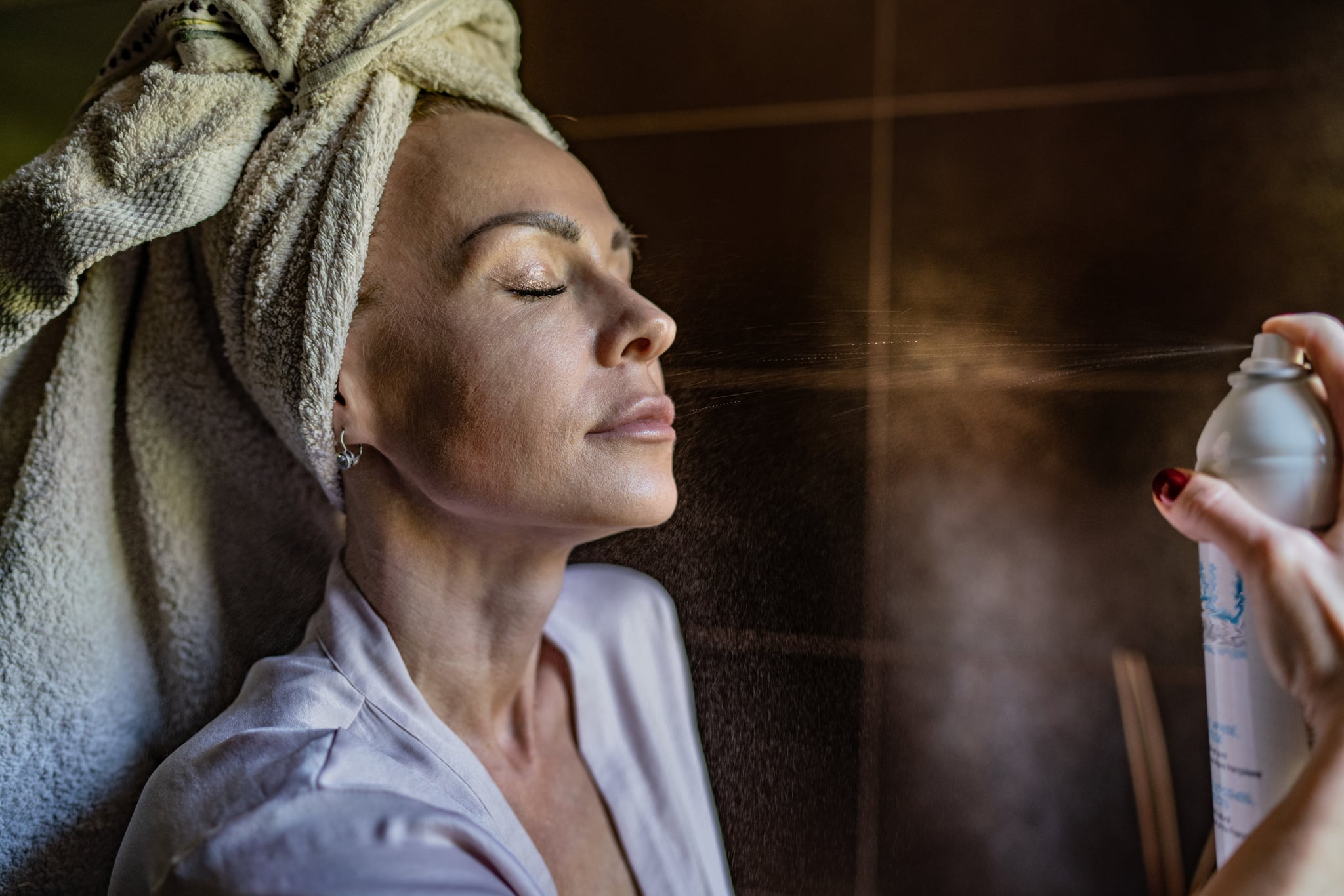
Image Source: Getty/StockPlanets
How to Properly Microdose Skin-Care Products
The best way to microdose your new skin-care products is to start small (only introducing one new product at a time) stay organised. "The best tool that I tell my patients about is to simply keep track of what they are doing," Dr. Ward says. "Keeping a simple calendar is a good way to help track your use of the product, and it allows you to know when you are ready to ramp up the dosage."
While each case differs, microdosing a new product for a few weeks (starting with smaller doses and then building up to the full recommended dose) is generally a good place to start. "For example, I may have someone start retinol and use it in a microdosed fashion for four to six weeks, then slowly increase the dose over the next six months," Dr. Ward says.
Potential Downsides to Skin-Care Microdosing
Dr. Ward says that while skin-care microdosing is useful for all skin types, there are some things people should be aware of prior to trying the technique. "The caution that I give to patients is that many skin-care products are designed to be used as part of a system," he says. "If one is microdosing to assess the effects of the product, if it is not used within the context of the entire skin-care system, they may not be able to see the true benefit."
In short, while there are no real side effects to microdosing skin care itself, it is best to be aware of how microdosing a particular product might affect general use.
While the technique takes a bit more planning, if you're current routine isn't working for you, you might consider microdosing your skin-care products. Who knows — it may just blow your mind.
